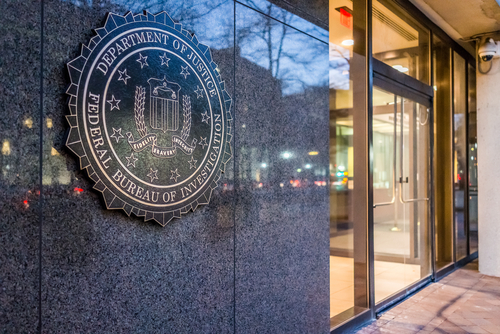Chevron CEO Mike Wirth’s stern warning has sparked a critical debate as the company faces potential setbacks from leaving Venezuela, aligning with serious geopolitical implications.
At a Glance
- Chevron CEO Mike Wirth warns of potential departure from Venezuela as a Biden-era license is set to expire.
- Wirth argues against halting operations, citing concerns over energy security and increasing Chinese influence.
- Gulf Coast refineries are designed for Venezuelan oil, crucial for U.S. energy security.
- If Chevron leaves, Chinese and Russian companies may fill the void.
Chevron’s Essential Role in U.S. Energy Security
Chevron currently holds a critical authorization to extract and transport Venezuelan oil exclusively to the United States, yet this pivotal license is now hanging by a thread. The Biden administration initially granted Chevron the license, but it is set to expire soon. Gulf Coast refineries in the U.S. rely heavily on Venezuelan crude, specifically designed to process this particular type of oil. The potential cessation of Chevron’s operations threatens to disrupt this vital flow, raising pressing concerns for U.S. energy security.
The Trump administration, always a hardliner against the Maduro regime, previously pressured Chevron to halt operations in the face of political instability in Venezuela. Former President Trump reversed an earlier decision in March, temporarily extending the license until May 27, underlining the inherent tensions in U.S. diplomacy. However, this temporary reprieve is in danger of expiring soon, potentially handing an opportunity to foreign adversaries.
Geopolitical Ramifications of Losing Ground in Venezuela
Mike Wirth has emphatically voiced his concerns about ceasing operations in Venezuela, which could create favorable conditions for nations like China and Russia to step in—not merely to acquire Venezuelan crude but to amplify their influence geopolitically. Venezuelan opposition leader María Corina Machado also weighs in, echoing these concerns and criticizing the Maduro regime as a hub for illicit activities.
“Maduro is the head of the criminal structure that has turned Venezuela into a safe haven of drug cartels, guerrilla, and the enemies of the Western Hemisphere, such as agents of Iran, Russia, and other international criminal groups.” – María Corina Machado.
Wirth’s warning resurfaces the familiar “playbook,” a method by which China has gained economic leverage in various global regions, from Africa to Latin America. These assets allow China to bolster its economic stronghold, potentially jeopardizing U.S. interests both domestically and abroad. If Chevron exits, the power vacuum could be easily filled by Chinese and Russian entities, further compromising U.S. geopolitical standing.
National Security and Economic Stability at Stake
Chevron’s role extends beyond just energy production. The company exports an approximate 240,000 barrels per day from Venezuela, which is over a quarter of the country’s oil output. Wirth makes a compelling case that Chevron’s ongoing operations are indispensable not just for American energy security but also for preventing the bolstering of adversarial powers.
As the expiration date looms, the urgency building around Chevron’s future in Venezuela has critical implications. It’s a situation where the potential risks aren’t merely measured in barrels of oil but in national security and geopolitical influence. Policymakers have to confront the fact that China remains a dominating buyer of Venezuelan oil, posing an ever-growing threat to the equilibrium of power.
“We’ve seen this playbook before in Africa, in Latin America, in Central Asia. And China has created a stronger presence, stronger influence, and control over economies and governments around the world through using their economic assets and position to do so.” – Mike Wirth.
Yet, amidst this geopolitical chess game, the critical question remains: Will the U.S. assert its dominance and secure its strategic interests, or capitulate to growing Chinese and Russian influences? The coming days will determine not only the future of Chevron’s operations but possibly the stability of a vital region.






